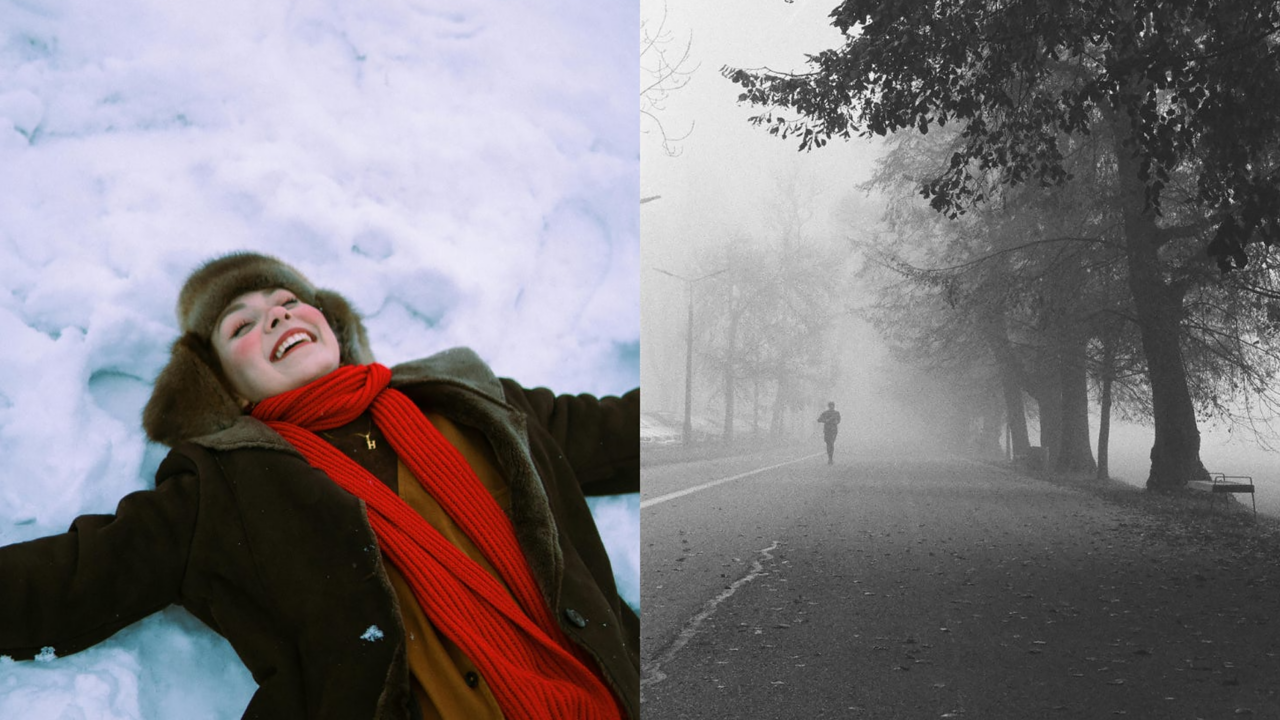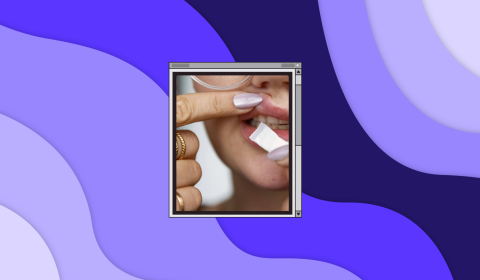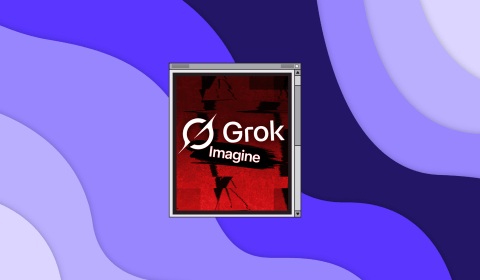tis the season for… wellness?
![]()
Welcome to the latest edition of The Gen Zer. This week, we look into a new winter trend focusing on wellness and self-improvement. We also take a look at the latest Gen Z news from around the web this week, from media bros to what we want for Christmas.
It’s a little less than two months until January 1st. Most of us probably haven’t begun thinking about New Year’s Resolutions, and for those of us in the Northern Hemisphere, winter is probably a time for doing little more than binge-watching Netflix under a warm blanket. The latest trend, however, is flipping this: Gen Zers online are now treating the season as an opportunity for self-improvement, dubbing this period their ‘Winter Arc.’
The Winter Arc trend is centred around the idea of actively working on yourself from October 1st to the start of January. At a time when many are feeling anxious, when rates of depression have been steadily climbing amongst young people, when it can feel impossible to escape from the digital, permanently-online world of social media, constant notifications, and endless scrolling, the trend offers a structured way to regain a sense of control and to form some healthier habits. At least, that’s the idea.
For Gen Zers, the trend taps into something we’ve been seeing a lot over the past few years: a doubling down on wellness, sparked by a heightened awareness of the impacts of mental health and self-care during the covid pandemic. The forced isolation led many to re-evaluate their lifestyles, placing a greater emphasis on mental and physical health. This can be seen (as I’ve talked about quite a bit on this newsletter already) in changes such as Zers drinking a lot less and focusing on mindful practices like meditation and journaling.
It’s interesting how introspective Gen Z seems to be becoming. A few weeks ago I spoke about how the generation has changed the way they view perfume—now, instead of it simply being a way to boost your attractiveness, it’s more a way to improve the way you see yourself, to boost your mood and express yourself. Similarly, stoicism has been exploding in popularity in recent years, particularly with young men, as young people search for a sense of control and stability amongst years of economic and geopolitical instability, from the financial crash to the pandemic to the outbreak of wider conflicts worldwide.
@m0_tivati0n Winter arc. #mentality #winterarc #sport #motivation ♬ original sound – fairiesofthenight
Another determining factor, I think, is to do with the isolation that many Zers and Millennials are suffering from. Statistics show that the number of close friends people have has been on the decline for years, with many young people reporting fewer confidants and meaningful social interactions. This can obviously take a toll on mental health—the world’s longest study on the subject showed that friendships and relationships are the thing that have the biggest impact on our happiness—and so it’s little surprise that Zers are now trying to find ways to improve their mental wellbeing.
Sustainability is another aspect. Many young people are focusing on habits that are not only good for themselves but also for the planet, like reducing their wardrobe size, buying second-hand goods, and generally reducing their reliance on consumerism.
I’m not trying to argue that it’s a wholly positive trend, of course. There’s a fine line between wellness culture (in the sense of looking after yourself, finding a balance and forming healthy habits) and wellness culture (putting tonnes of pressure on yourself to reach your goals, to look a certain way and to cut off all your usual commitments). Online, some of the winter arc videos lean pretty heavily into things like gymcel culture, complete with clips of young men shaving their heads and insisting that they’re going to spend the next three months cancelling all of their social plans.
There’s nothing wrong with taking it easy over winter, either. The world’s happiest countries, like Denmark or Finland, have a large culture around embracing cosiness, focusing on warmth and comfort (i.e. ‘hygge’). However, anything taken to an extreme will eventually become unhealthy, and for the most part the Winter Arc trend does seem to be about being more intentional with your time and energy.
See also:
- Gen Z is healthy and boring
- Can book clubs help solve Gen Z loneliness?
- The nolo generation: why are Gen Z ‘sober curious’?
Gen Z around the Web
Gen Z is the group most likely to be politically influenced by social media (euro news)
According to a recent report, 44% of Gen Zers said that their social and political views were influenced the most by social media, more than any other generation. Those political views were also influenced by a wide range of other things: 60% of the survey respondents said that their political views were influenced by news and media, whereas 57% were influenced by by personal experiences. Friends and family shaped political beliefs for 50% of respondents, whereas for 42% of people, education had a decisive impact on political views. 14% of people were influenced by celebrities. Read more
The impact of the Gen Z bro media diet on Trump’s win (vox)
One very clear thing about Trump’s presidential campaign was his catering towards the young male vote. His appearances with podcasters and streamers such as Joe Rogan, Theo Von and Adin Ross, as well as his endorsements by YouTube millionaires like the Paul brothers and the Nelk Boys, demonstrate a clear targeting of the demographic. What’s more, it fits with the overall trend we’ve been seeing over the past year or two: young men around the world becoming increasingly right wing. In a recent poll, for instance, men aged 18-24 said they were more likely to identify as conservative than liberal. Read more
Does Gen Z have it tougher than previous generations? (financial times)
The latest data suggest that young Britons today are finding it tougher than ever to achieve financial independence against a backdrop of growing economic insecurity. Economists say a combination of unaffordable housing, weak wage growth and rising job precarity is threatening young adults’ financial autonomy, with long-term implications for their choices both economically and socially. There’s a lot more to this debate, of course—socially speaking, things have improved a lot—but I thought this was an interesting look by the Financial Times into our generation’s economic realities. Read more
Driving Gen Z into the ground (city am)
In July 2024, there was not a single driving test to be had anywhere in London. The best the DVSA could offer Londoners who wanted a test was one in Birmingham four months later. On one hand, the lack of available driving tests (along with proposals that young people should not be allowed to give their friends a lift) may not seem like the most pressing issue, but it’s arguably a worrying example of the enforced infantilisation of Gen Z, making it harder to grow up and achieve independence. Read more
What does Gen Z want for Christmas? (vogue)
According to vogue, this year young people have a preference for practical gifts like essentials and self-care items, given the current cost of living. Fashion and beauty remain top categories on consumer’s lists, with many planning to purchase gifts for themselves during the festive season, and platforms such as TikTok and Pinterest are key sources of inspiration, with a notable rise in DIY and personalized gift trends. Interestingly — despite budget constraints — quality is paramount, with a preference for fewer high-quality items over numerous lower-quality ones. There’s also a growing preference for experience-based gifts, as people to seek to make happy memories despite everything else. Read more
![]()
That’s all for this week! Make sure to subscribe for the latest on Gen Z and youth culture, and check out The Common Thred for a weekly roundup of the latest news, trends and thought pieces.

















